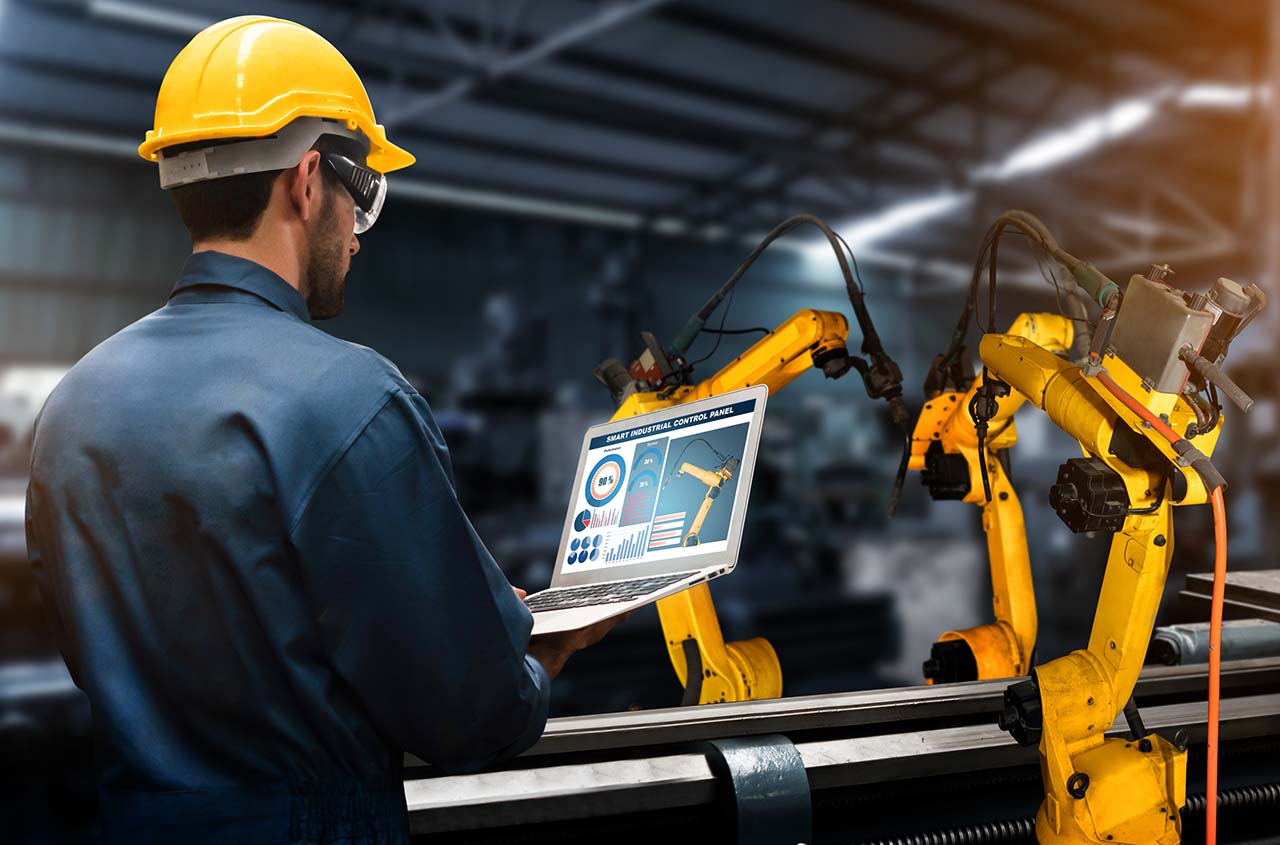
The industrial landscape is constantly evolving, with technology playing a pivotal role in streamlining processes and maximizing efficiency. One such technological advancement that has transformed the way industrial machines operate is the Programmable Logic Controller (PLC). PLC controllers have become an indispensable tool in the manufacturing sector, enabling automation, precise control, and real-time monitoring of industrial processes. This article will explore the significance of PLC controllers and their impact on enhancing industrial efficiency.
PLC controllers are electronic devices designed to automate and control various electromechanical processes in industrial settings. These robust controllers offer a reliable and flexible solution for managing complex tasks, replacing traditional relay-based control systems. They are programmed to execute specific functions, such as data acquisition, logic operations, sequence control, and communication with other devices.
One of the key advantages of PLC controllers is their adaptability to diverse industrial applications. They can be easily programmed and reprogrammed to accommodate changing production requirements, saving time and reducing operational costs. PLC controllers are widely used in industries such as manufacturing, oil and gas, automotive, food processing, and pharmaceuticals.
By utilizing PLC controllers, industrial machines can operate with precision and accuracy. PLCs are capable of executing rapid and complex calculations, enabling high-speed decision-making and control. This results in improved product quality, reduced downtime, and enhanced overall efficiency. Additionally, PLC controllers offer exceptional reliability, ensuring uninterrupted operation even in harsh environmental conditions.
PLC controllers facilitate seamless integration with sensors, actuators, and human-machine interfaces (HMIs). These devices work in conjunction with the PLC, providing real-time feedback and enabling operators to monitor and control the processes effectively. The integration of HMIs allows for intuitive visualization of machine parameters, making it easier to identify and resolve issues promptly.
Another key feature of modern PLC controllers is their connectivity options. These controllers can communicate with other devices and systems, enabling seamless integration into larger industrial networks. This connectivity facilitates data exchange between different components, empowering industries to implement advanced data analysis techniques like predictive maintenance and machine learning algorithms. By harnessing the power of data, companies can optimize their operations, reduce energy consumption, and minimize equipment failures.
PLC controllers also contribute to enhanced safety in industrial environments. They can be programmed to implement safety protocols, monitor critical parameters, and trigger emergency shutdowns when necessary. This proactive approach minimizes the risk of accidents and ensures the well-being of workers and assets.
Furthermore, PLC controllers support remote access and diagnostics. Manufacturers can remotely monitor and control their machines, troubleshoot issues, and perform software updates without physically accessing the equipment. This capability significantly reduces maintenance costs, as technicians can diagnose and rectify problems without delay, preventing prolonged machine downtime.
The connectivity options of PLC controllers play a crucial role in integrating various components and devices into industrial networks. By enabling seamless communication between different machines, sensors, and actuators, PLC controllers facilitate real-time data exchange. This connectivity empowers businesses to implement advanced data analysis techniques such as predictive maintenance and machine learning algorithms. Leveraging the power of data, companies can optimize their operations, identify patterns, and make informed decisions, leading to increased efficiency and resource utilization.
Moreover, PLC controllers such as those of SCHNEIDER ELECTRIC PLC contribute to enhanced safety in industrial environments. With the ability to implement safety protocols, monitor critical parameters, and trigger emergency shutdowns when necessary, PLC controllers ensure the well-being of workers and protect valuable assets. This proactive approach to safety minimizes the risk of accidents and potential hazards, promoting a secure and productive work environment.
As the industrial landscape evolves, PLC controllers will remain at the forefront of innovation, driving industrial efficiency to new heights. The ongoing advancements in technology, such as improved connectivity, increased processing power, and enhanced data analytics capabilities, will further amplify the benefits of PLC controllers in industrial settings.
PLC controllers have revolutionized industrial automation, empowering businesses to optimize their processes, reduce costs, improve product quality, and stay competitive in today’s dynamic market. Embracing PLC technology is no longer a choice but a necessity for industries seeking to thrive in an increasingly demanding and interconnected world. The continued integration of PLC controllers into industrial machines will undoubtedly pave the way for a future of increased efficiency, productivity, and innovation.

Leave a Reply